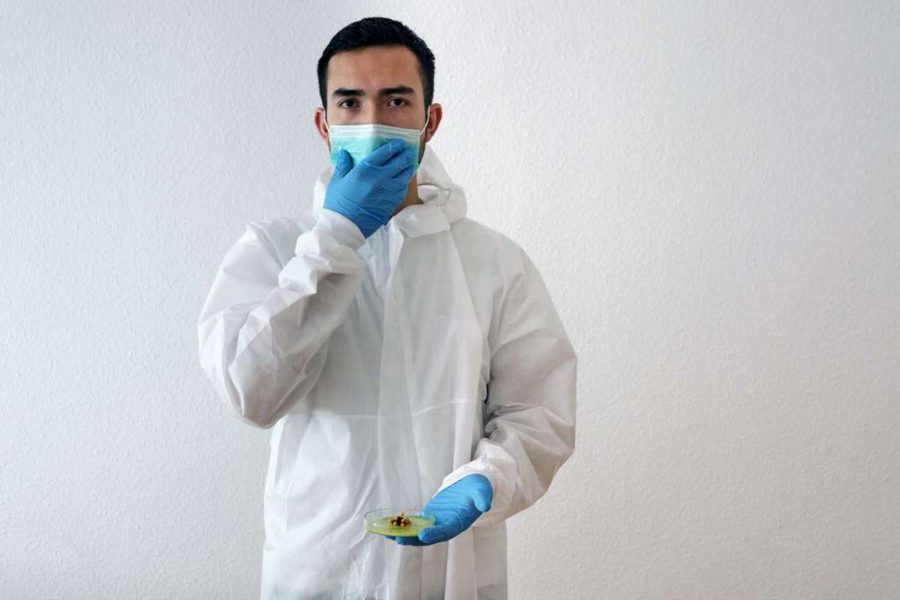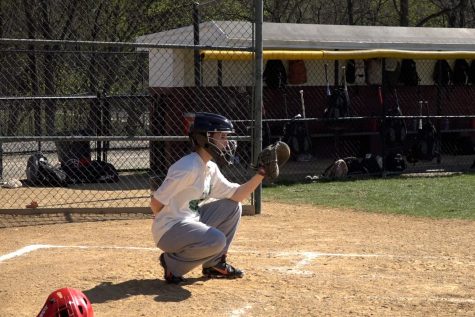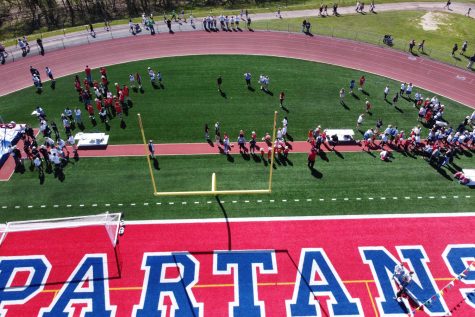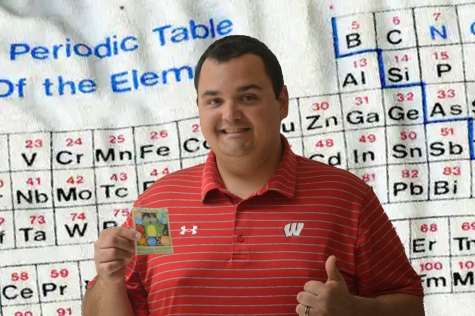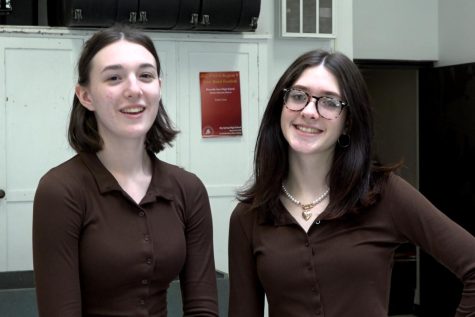Adapting to isolation
The abrupt change of quarantine has caused us to adapt and overcome. Junior Carter Yeager said, “I wake up at 5 every morning to work on homework before I go to work with my dad at 7. We get done work at 4:30 most days and then I come home and do more homework and then I like to watch YouTube before going to bed.” For him the winds of change have made him more productive
Isolation (Noun): without relation to other people or things; separately.
Until March 13, the average Pottsville Area High School student divided their 6 hour and 56 minute school day between nine periods. On paper, what occurred during those nine periods was instruction and classwork, but we all know it was so much more than that. Different relationships and friendships and interactions formed and blossomed, and every 40 minutes or so, we were greeted with a new batch of interactions.
A generation built on social status and the image we portray to others are now locked away in isolation. Our brains are so conditioned by those connections we made everyday and now there’s nothing to fill that void. It’s been almost two months since that fateful Friday the Thirteenth, and we’ve been forced to learn how to interact and live a new way.
For sophomore Lauren Klinger, she says, “The quarantine taken a toll on my mental health but I have learned to replace loneliness and negative emotions with more positive actions such as walking, writing, and planning future things. By giving myself a sense that this will all end it helps soothe my mind.”



